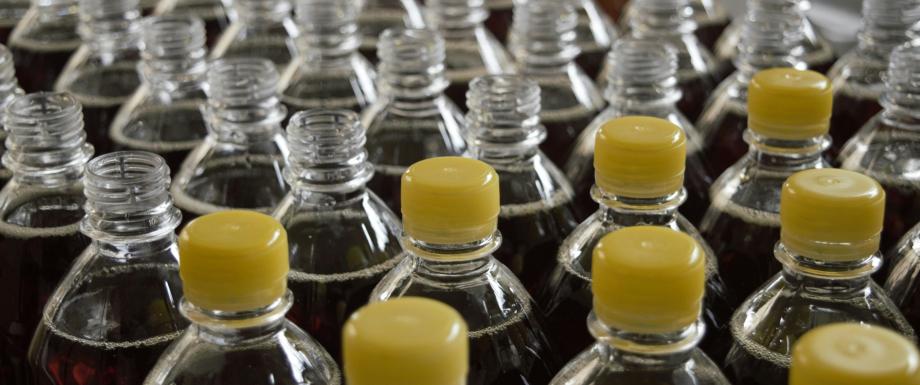- News
- According to the Chamber, the process of implementing the sugar-sweetened beverage tax should be halted

According to the Chamber, the process of implementing the sugar-sweetened beverage tax should be halted
The sugar-sweetened beverage tax bill has reached the Riigikogu, and the Chamber, in its opinion submitted to the Riigikogu Finance Committee, highlighted that the process of implementing the sugar-sweetened beverage tax should be halted due to significant shortcomings in the bill.
Impact Analysis is Flawed
The impact analysis accompanying the bill is flawed as it does not correctly estimate the extent of tax revenue for the state, and the costs associated with administering the tax may turn out to be substantial, further reducing the funds received by the state budget. The government's expected tax revenue of 25 million euros is not realistic, as the economic impact analysis is based on estimates rather than on a model calculation based on Estonian market data and specificities. Additionally, the administrative burden of the tax may prove too high and costly compared to the benefit to the state budget, since the administrative costs also need to account for the development and maintenance of a missing tax accounting system.
Unclear Scope of the Tax
The sugar-sweetened beverage tax bill contains several ambiguities and questions that need resolution, according to the Chamber. For instance, it is not sufficiently clear which beverages will be subject to the tax and which will not. It is unclear whether a drink obtained by mixing unsweetened water with fruit and vegetable juice without added sugar or other sweeteners, but containing natural sugars, would be taxed or not.
The Chamber proposed to the Riigikogu to halt the fast-tracking of the bill, as it contains significant deficiencies, and in their opinion, the goal should not be to quickly pass a bill that has unclear objectives and unresolved issues.
The planned changes are set to take effect on January 1, 2026.


